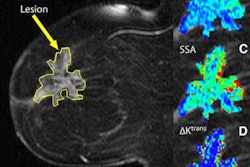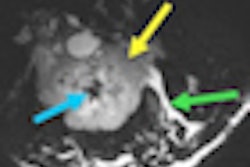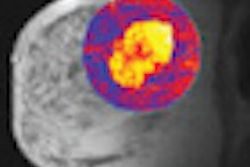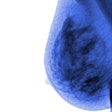Women who carry BRCA1 or BRCA2 genes are diagnosed with breast cancer almost eight years earlier than relatives in the previous generation who also had the disease and/or ovarian cancer, according to new research from MD Anderson Cancer Center published online September 12 in Cancer.
The findings could affect how women at high risk for breast cancer are counseled and screened, according to Dr. Jennifer Litton, from the University of Texas MD Anderson's department of breast medical oncology.
"Currently, BRCA-positive women are counseled to start screening by 25 years, or five to 10 years earlier than their youngest affected family member," Litton said in a statement. "Our findings show that we may need to continue to follow these trends with future generations, and make changes accordingly in order to best advise and care for women at greatest risk."
Litton and colleagues used updated data first presented at the American Society of Clinical Oncology's (ASCO) 2009 Breast Cancer Symposium, identifying 132 BRCA-positive women with breast cancer who participated in a high-risk protocol through MD Anderson's clinical cancer genetics program between 2003 and 2009.
The team reviewed each woman's family tree, and 106 women were found to have a female family member in the previous generation who also had a BRCA-related cancer, either breast or ovarian. The researchers recorded age at diagnosis, location of mutation, and birth year in both the older (generation 1) and younger (generation 2) women.
The researchers found that in the younger generation of women, the median age of diagnosis was 42, compared with 48 in the older generation. When comparing generations within a family, the median difference was six years; using new mathematical models to evaluate for anticipation, the difference in age between generations was eight years.
"These findings could have implications on the screening and genetic counseling of these women," Litton said. "In BRCA-positive women with breast cancer, we actually might be seeing true anticipation -- the phenotype or cancer coming out earlier per generation."
Given the relatively small number of women in the study cohort and the possibility of recall bias, further analysis is needed, according to Litton. But the study's findings suggest that women with BRCA mutations should continue to be screened per guidelines established by the American Cancer Society (ACS) -- which include mammography, breast MRI, and the possibility of prophylactic surgeries -- perhaps at an even earlier age.




















